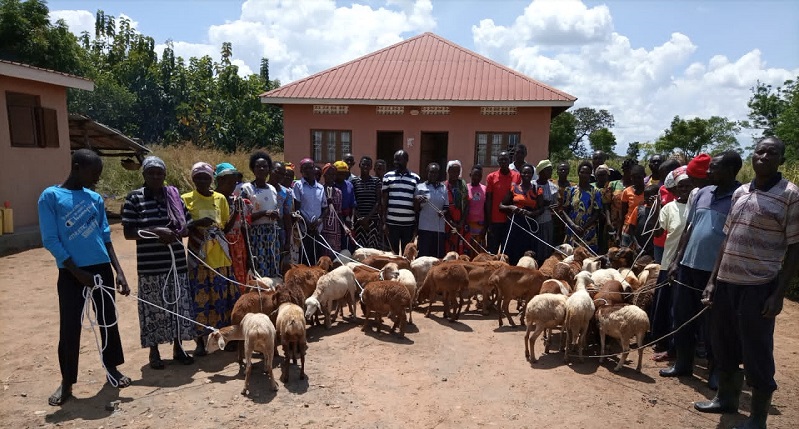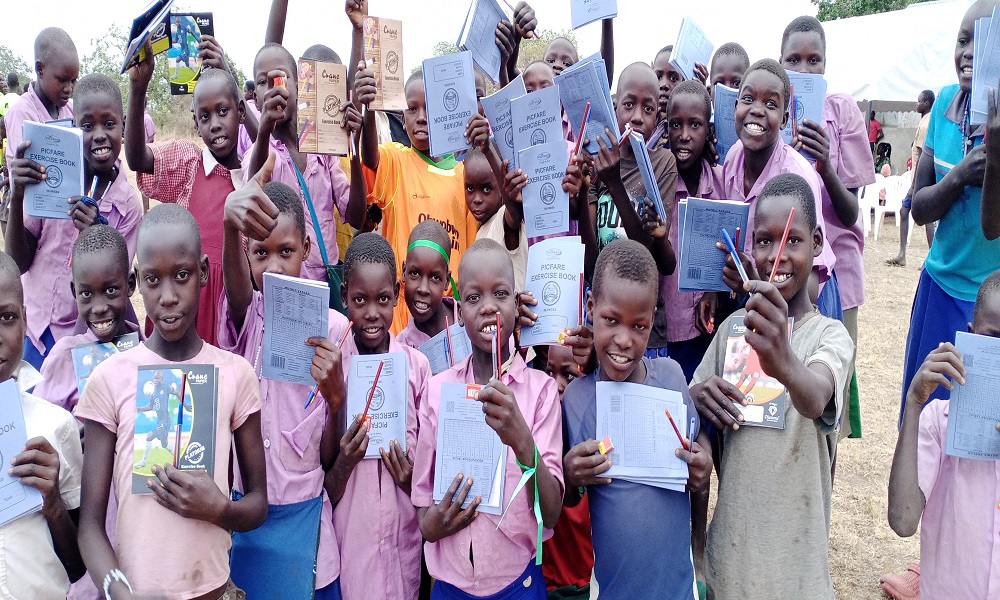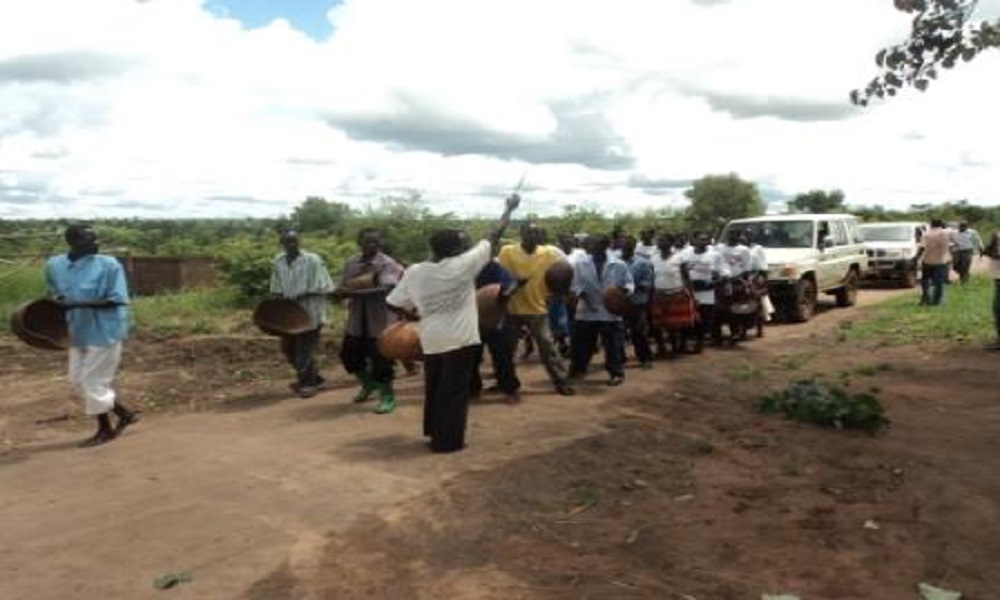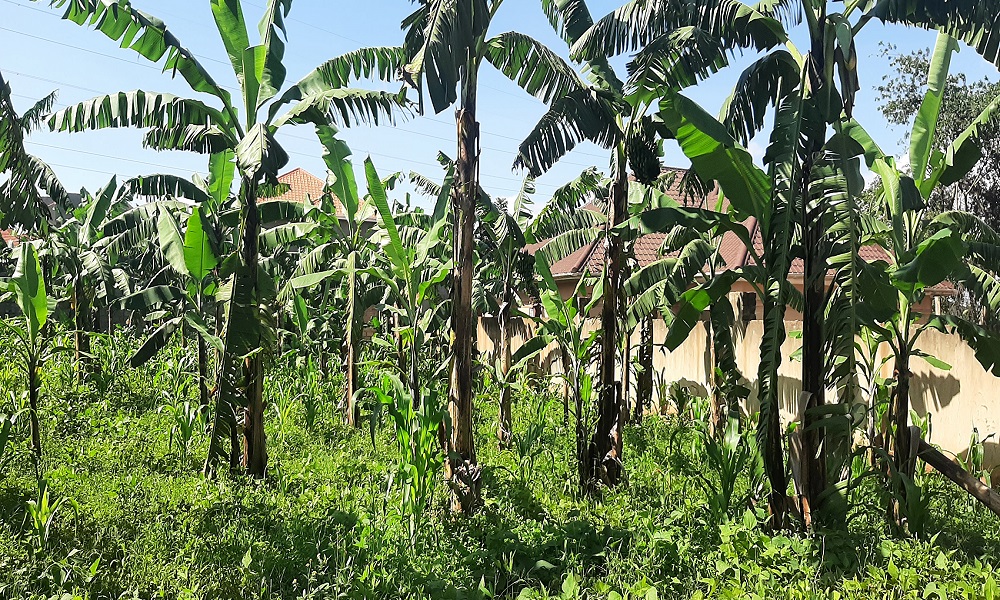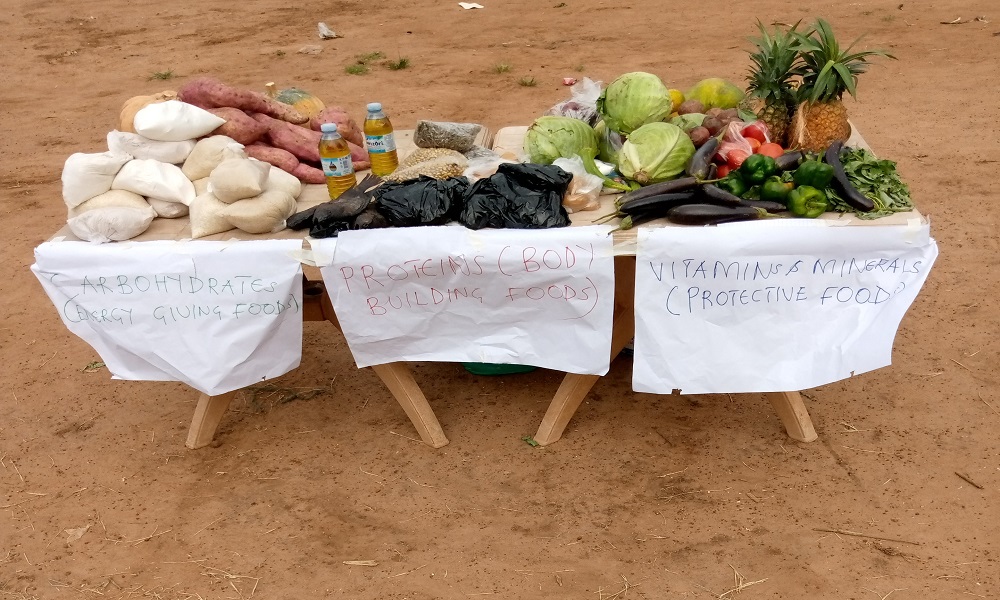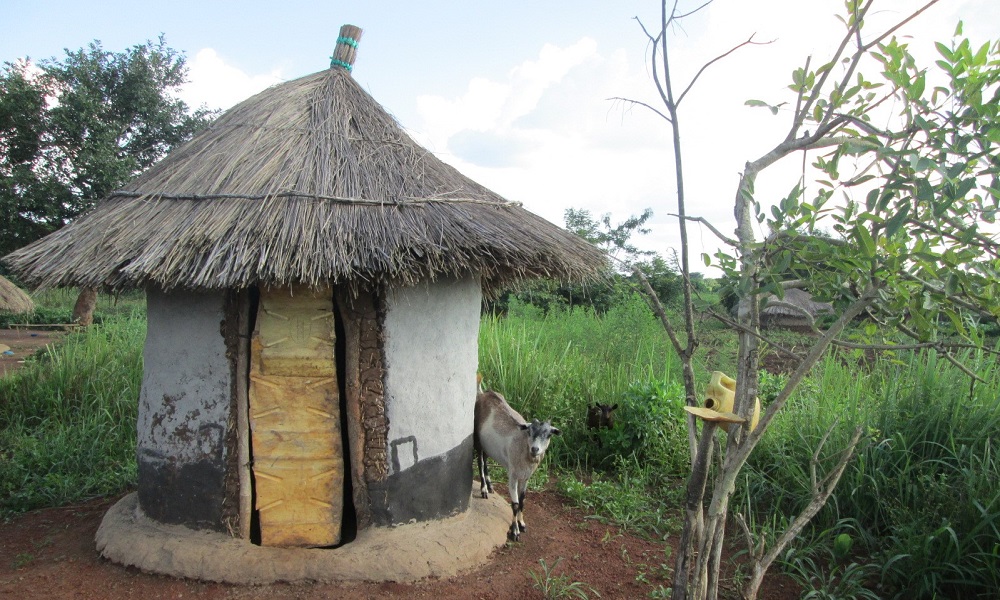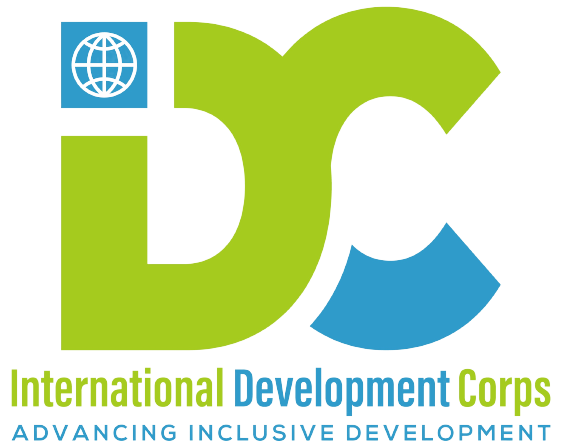Adult Literacy
FACTS & FIGURES
- Approach
- Formal Education
Adult literacy is a vital component of our education approach. The program is designed to help adults acquire the basic reading, writing, and numeracy skills necessary for everyday life. The program is grounded in a community-based approach that recognizes the unique context of each learner and the importance of incorporating cognitive and affective components in the learning process.
The language of instruction is the mother tongue of the learners, which facilitates their comprehension and enhances their participation. The lessons focus on issues and topics that resonate with and are most interesting to the learners, such as health, agriculture, and finance, which also serve a practical purpose in their daily lives.
The adult literacy program is modular, and learners graduate after passing assessment tests in each module. The program is both formal and informal, recognizing that learning can occur in various settings, including the home, workplace, and community. The program provides a certificate of participation after completing all the adult literacy modules, which serves as an incentive for learners to complete the program.
The content of the program is divided into three main components: reading, writing, and numeracy skills. The reading component focuses on developing learners’ comprehension skills, including reading comprehension, vocabulary, and critical thinking. The writing component focuses on developing learners’ writing skills, including grammar, spelling, and punctuation. The numeracy component focuses on developing learners’ mathematical skills, including basic arithmetic, measurement, and problem-solving.
The program recognizes the unique context of each learner and incorporates cognitive and affective components in the learning process. The program is modular and provides learners with practical skills that are essential for everyday life. The program is both formal and informal, recognizing that learning can occur in various settings.

